How to Set S.M.A.R.T. Goals in Therapy
In the realm of therapy, the concept of setting goals can play a pivotal role in guiding the therapeutic journey.
Whether our goals are to feel better, seek personal growth, or learn to cope with difficult emotions, we can all benefit from using the S.M.A.R.T. acronym as a framework for realistic and helpful goal setting. Using the S.M.A.R.T. framework helps us create a roadmap that enhances our motivation and guides our efforts in a clear and structured way. So often we may be setting goals that are unreasonable or unspecific, only leading us to quickly give up and ultimately feel frazzled and hopeless. The S.M.A.R.T. framework is a great tool for avoiding this and ultimately increasing our self-worth, sense of ability, and emotional resilience.
What are S.M.A.R.T. Goals? This acronym stands for Specific, Measurable, Achievable, Relevant, and Time-Bound.
Specific
Get super specific on your goals. Instead of a vague intention, such as “feeling better”, challenge yourself to break it down further. A specific goal may be “to learn and practice effective coping strategies for when I feel overwhelmed”. Make sure you are reflecting on your values and priorities. Before setting goals, take time to reflect on what truly matters to you. Aligning our goals with our values can help increase motivation.
Measurable
A measurable goal employs criteria to track progress. For example, if our goal is to better cope and manage our OCD symptoms, to make it measurable we could use self-assessment scales that we note over time. Perhaps as we practice exposure to OCD symptoms, we could challenge ourselves to rate our anxiety on a scale of 1-10. This way we can measure our progress over time, and check in on where we may need to adjust our approach as needed, all while celebrating small victories along the way.
Achievable
It’s okay to start small! Large goals can be daunting. A goal that is too ambitious can lead us to feel frustrated, whereas an achievable goal will foster a sense of accomplishment and more confidence in further goal setting. Break them down into smaller, manageable steps. Don’t be afraid to collaborate with your psychologist in your goal setting, as they can offer a non-biased and helpful perspective in determining how to make your goals more achievable.
Relevant
Relevance ensures that the goals we are setting align with our needs. For example, if we’re hoping to work on our relational skills, we may want to put a pause on setting goals that limit the time we have to socialize.
Time-Bound
Setting a timeframe for our goals creates a sense of structure and feelings of helpful urgency. Knowing there is a deadline for our goal can help keep us accountable for taking the proper steps to achieve it.
Above all, remember that you’re allowed to stay flexible. Life is unpredictable, and circumstances may change. Be flexible in adjusting your goals if necessary, while keeping the S.M.A.R.T. criteria in mind. And, if you have no idea where to start, working with a psychologist can be a great way to help determine where to begin on your goal-setting journey.





